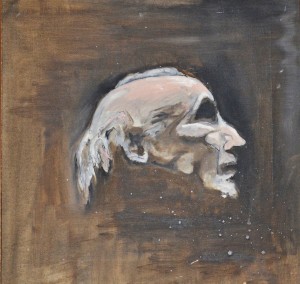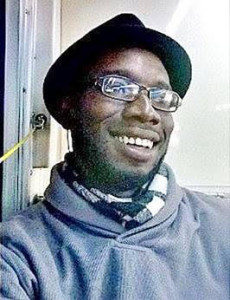Tom said, “I’ve been wondering, though … how did I manage to get so old so young … I don’t feel like I’m pushing 70.”
We perceive old age as an act of stealth that surprises us suddenly though we had plenty of time to see it coming, hungered after age when young, but reproach its inevitable arrival, when it arrives bearing the unwelcome sobriquet, “old.”
Pete said, at his 71st Birthday, “I’m 35 in Centigrade.”
We are sensitive to society’s easy inclination to disparage the elderly – so we are loathe to admit how old we are. We fear the scorn of people who held our younger selves in esteem.
Amy said, “My birthday’s next week, I feel increasingly penalized for being an aging woman.”
Our worship of youth makes us especially unforgiving toward women of any age but also men who have grown longer in the tooth.
Our society has in recent years grown harsher in its disrespect of differences including those who are older than they thought they’d ever be.
It’s hard to explain the psychology of something so natural that many yet find mystifying when it presents itself.
Nor has what we know about age changed much since the days of Rome when Seneca and Cicero reported their observations.
The stoic, Seneca, said it was not that life was too short, it was that too much of life was wasted with a “toilsome devotion to tasks that are useless.”
Cicero said, “No lapse of time, however long, once it had slipped away, could solace or soothe a foolish old age.”
Cicero, speaking through the experience of an 84-year-old Roman statesman, Cato, described age as “an easy and happy state.”
It requires a certain attitude, however, working around the transition from a life with the force of strength to a life with the strength of mind. Continue reading



